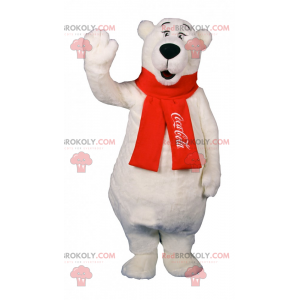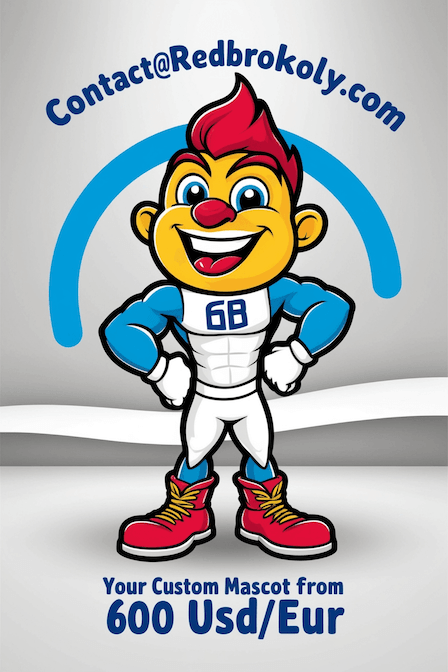The Impact of Mascots on Branding and Marketing Strategies
Mascots: Essential Assets for Your Brand
Mascots are key elements in many industries, offering a playful and memorable dimension to any brand. Whether within a sports team, a company, or at events, mascots play a crucial role in creating a strong emotional connection with the audience. Their unique and recognizable character makes them easily memorable, thus reinforcing brand awareness. By fostering engagement and interaction with the public, mascots help build customer loyalty and have a positive impact on sales.
The Importance of Mascots in Branding
Mascots are powerful branding elements. They embody a brand's identity and values in a visual and appealing way. By associating a mascot with your brand, you create a recognizable symbol that stands out from the competition. Mascots help strengthen the brand's personality and establish an emotional connection with consumers, which enhances brand memorization and recognition.
Mascots as a Marketing Tool
Mascots are effective marketing tools to captivate the public's attention. Their playful and friendly character attracts attention and generates interest, allowing the brand to stand out in a competitive environment. Mascots can be used in various marketing campaigns, whether on social media, during promotional events, or through collaborations with other brands. Their ability to generate engagement and interaction makes them a valuable asset for any marketing strategy.
Customer Engagement and Loyalty
Mascots help enhance customer engagement by creating an emotional connection with the brand. By embodying the company's values and personality, mascots allow consumers to identify and feel close to the brand. This closeness promotes customer loyalty, as customers are more likely to remain loyal to a brand with which they have developed a strong emotional bond. Mascots bring a human touch to the brand, reinforcing customer trust and loyalty.
Positive Impact on Sales
Mascots have a direct impact on sales by stimulating consumer interest in the brand's products or services. By creating a memorable and positive experience, mascots encourage consumers to engage more with the brand and make purchases. Their ability to generate excitement and sympathy around the brand results in increased sales and market share growth. Mascots are a profitable investment for any business looking to boost its commercial performance.
Conclusion
In conclusion, mascots are essential elements for any brand looking to stand out, strengthen its image, and retain its customer base. Their positive impact on brand awareness, engagement, loyalty, and sales makes them a valuable tool in today's marketing landscape. By integrating a mascot into your branding and marketing strategy, you can create unique and memorable experiences for your customers while strengthening your brand's position in the market.












